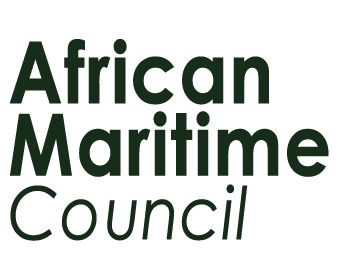Uganda has once again postponed the launch of oil production from the Albertine Graben, now targeting June 2026.
This adjustment adds to a history of repeated delays in the country’s oil and gas journey over the past twenty years. In 2023, the government had projected June 2025 as the target for first oil.
Frank Mugisha, assistant commissioner at the Ministry of Energy and Mineral Development, shared the new date while speaking on behalf of Minister Ruth Nankabirwa during the 3rd Annual Joint Civil Society Conference in Kampala.
Mugisha stated that the oil sector has reached over 60 percent readiness, with significant progress at major extraction sites. He explained that the Kingfisher and Tilenga projects had achieved about 60 percent completion, and the government remains confident about delivering first oil by June 2026 without any further delays.
The China National Offshore Oil Corporation (CNOOC) is leading development of the Kingfisher project in Kikuube district, while TotalEnergies is managing the Tilenga project across Buliisa and Nwoya districts.
By March 2025, the Petroleum Authority of Uganda (PAU) reported that the two companies had drilled more than 100 wells.
Uganda discovered oil in the Albertine Graben nearly 20 years ago, but the country has faced persistent setbacks due to infrastructure gaps, legal challenges, financial constraints, and delays in key projects like the refinery and the East African Crude Oil Pipeline (EACOP).
Dr. Arthur Bainomugisha, executive director of the Advocates Coalition for Development and Environment (ACODE), voiced public frustration during the same conference, noting that many citizens have grown tired of the continued delays.
Mugisha explained that the government needed ample time to develop appropriate legal and regulatory systems to manage the sector. He encouraged the public to trust the government’s commitment.
He firmly stated that the new June 2026 target would not change again.
Even as officials express optimism about production, doubts remain about Uganda’s ability to refine its crude oil by the target date. A source familiar with the project told The Observer that while Uganda may start oil extraction by mid-2026, refining capacity might not be ready immediately.
In March 2025, the government signed a deal with UAE-based Alpha MBM Investments LLC to build a refinery with a 60,000-barrel-per-day capacity in Hoima district. Officials hope the project will help reduce dependence on imported fuel.
The agreement gives Alpha MBM a 60 percent stake and the Uganda National Oil Company (UNOC) the remaining 40 percent. However, construction has yet to begin, and critical agreements remain outstanding.
Until the refinery becomes operational, experts expect Uganda to export all of its crude via the EACOP.
As the country works to meet the 2026 target, analysts remain cautiously hopeful. The oil sector could drive economic growth through job creation, better infrastructure, and increased revenues—but only if projects move forward efficiently, transparently, and under strong governance.
source: observer.ug

